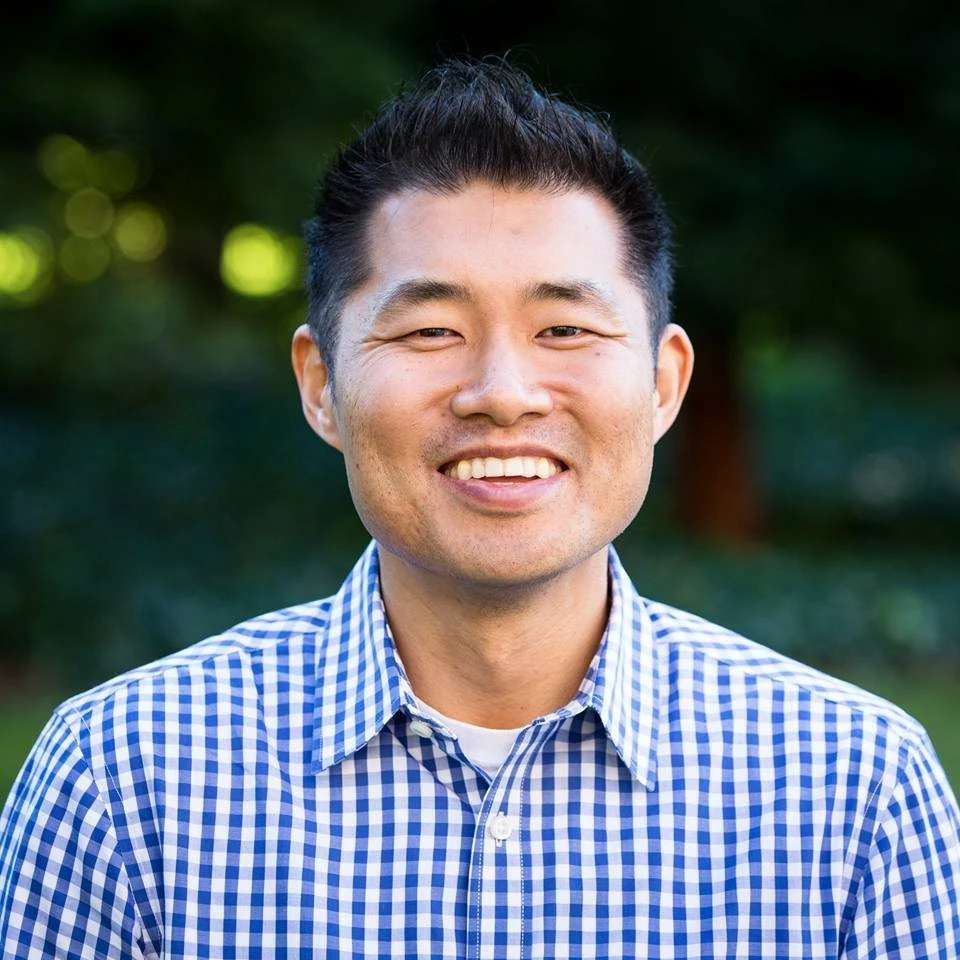Marking the second annual International Open Data Day, Washington D.C. was one of more than 100 cities worldwide on February 23 to host a hackathon. Data enthusiasts gathered at the World Bank to show support for and encourage the adoption of transparent policies by the world's local, regional, and national governments.
If you missed Open Data Day DC or want to explore more open data, register for the World Bank's upcoming Data Dive with DataKind on March 15-17.
More than 150 data enthusiasts gathered at the World Bank for the second annual International Open Data Day on a rainy Saturday afternoon to celebrate, explore, and solve problems with data. Participants ranged from developers, data scientists, social entrepreneurs, and government employees to designers, bloggers, students, and other open data enthusiasts. Topics were as varied as the participants who pitched challenges and huddled around tables to start solving them.
Following a Friday night kickoff at Google’s D.C. headquarters, the growing D.C. data community worked on a broad set of issues covering local D.C., international development, global open source mapping, poverty, and open government, writing applications, liberating data, creating visualizations, and publishing analyses.
Josh Tauberer, the organizer of the first Open Data Day DC in 2012, explains the driving vision of the D.C. event:
"Our approach to this hackathon was a little different than many others. Our goals were to strengthen the open data community, to foster connections between people and between projects, and to emphasize problem statements over prototypes and solutions. There was no beer or pizza at our hackathon, no competitions, and no pressure to produce outputs. Participants came motivated and stayed focused without needing to be treated like programmers. This created a positive, welcoming, and highly productive environment."
Eric Mill, who participated in the inaugural Open Data Day DC last year talks about what he gained in 2012 and how that translated into event design for 2013:
"I didn't leave [Open Data Day 2012] with working code: I left with momentum. I showed up with what I assumed was an arcane, intimidating idea (fording the data river from regulations back to legislation), and instead received the help of half a dozen enthusiastic people for an entire day. Most of them were not coders, just eager to work on something that mattered, and they contributed a ton of awesome research. That outpouring of energy kept mine strong afterwards, and directly led to me creating a valuable tool seven months later. Maybe most importantly, it introduced me to high quality people that I've kept in touch with, and has added rooms to my imagination for future work that refuse to leave. This is what I wanted to create for people at Open Data Day this year."
This inclusive, no-frills, and charged approach led to a robust turnout, which in turn lent itself well to sourcing a diverse set of global and local challenges for participation. There was something for data enthusiasts of all levels, from an Open Data tutorial delivered by Eric Mill of the Sunlight Foundation to Jake Porway and DataKind's exploration of real-time poverty measures.
D.C. Projects
Several projects focused on local D.C. issues: mapping zoning restrictions (more), graphing public and charter school enrollment and (other education data), mapping trees by species, and building a database of social service providers. Some of this data was provided by D.C.’s Office of the State Superintendent of Education in response to a request to the Mayor’s Office for data in the lead-up to Open Data Day.
Mapping Kathmandu
Led by a team in Nepal, a large team of social mappers in D.C. and collaborators around the world worked on mapping Kathmandu in Open Street Map to aid emergency disaster response technicians. To this critical end, the “map-athon” resulted in the mapping of more than 7,000 building footprints.
International Development
Poverty and international development were the focus of several other projects, from building APIs for international development project performance data and visualizing contracts/procurement data to measuring poverty in real time using Twitter.
Open Government
The open government projects included adding semantic information to legislative documents, comparing legislative documents for similarity, extracting legal citations, cataloging government representatives at the local level, and building “dev-ops” tools for rapid deployment of "virtual machines" that might be useful in government or for open data researchers.
Finally, there were also several other projects that didn’t fit into any of the categories above, like building Python tools for creating education curricula. Explore all the outputs of the day here: Project Visuals, Open Data Day DC HackPad, and Tweets.
What’s Next?
Open Data Day may have just been one day, but the spirit and enthusiasm in the room will certainly move forward and beyond a superficial celebration of all things open and all things data. There will certainly be more hackathons, data dives, and transparency camps to further discuss and build on these ideas. On Open Data Day, a budding data community in D.C. paved and took additional steps on the road to change and impact. Open Data breaks barriers, broadens perspectives, and seeds action, but the rest of the voyage remains to be discovered and travelled.
See you next year! And hopefully before then…
One last note, many thanks to the co-organizers- GovTrack (Josh Tauberer), the Sunlight Foundation (Eric Mill), the US Agency for International Development (Kat Townsend), the Millennium Challenge Corporation (Dmitry Kachaev), and the World Bank Finances team.




Join the Conversation